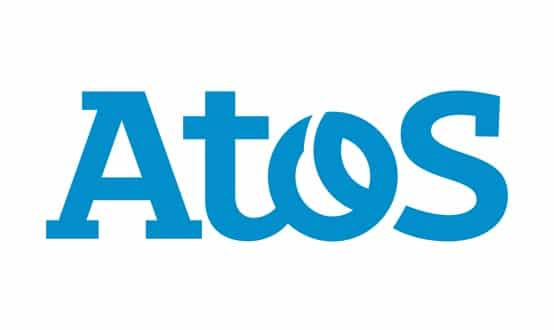iSoft to go direct to South with Lorenzo
- 8 October 2009
ISoft has confirmed that it will start selling Lorenzo directly to NHS trusts in the South of England, in a move that appears to put it at odds with its biggest customer, CSC.
The health software firm will offer trusts what it describes as fully-NPfIT accredited version of Lorenzo. The aim will be to work with customers’ existing systems, using integration technology to gradually migrate them to Lorenzo, avoiding ‘big bang’ implementations.
The company says the decision follows recent changes to the National Programme for IT in the NHS in the South of England and the opening up of the market.
CSC is the LSP responsible for delivering iSoft’s existing software products and future Lorenzo system in the North, Midlands and East of England. However, iSoft now says that in parallel to its LSP contractual commitments, it will go direct to market in the South.
A long series of delays in providing the Lorenzo software for NHS use has placed both firms under intense pressure. Both are now working to hard deadlines set by the Department of Health. The first, at Bury, falls in November.
By going direct, iSoft appears to be jumping the gun on the DH’s promise to set out plans to deliver some choice of systems in the South. These were due to follow the November deadline set by the DH for iSoft and Cerner to show they can deliver ‘strategic’ systems to the NHS.
In April 2008, the DH removed Fujitsu as LSP in the South and then decided not to appoint a replacement.
Twelve months later BT, the LSP for London, was awarded a £546m contract to support the eight trusts already running Cerner Millennium and to install it at four more acute trusts, while delivering 25 implementations of RiO in mental health and community services.
However, the deal left 29 acute trusts without an LSP-provided solution, and a promise of limited choice. EHI has been told that the DH wants the three southern strategic health authorities to orchestrate trusts’ decisions.
The mechanism to deliver choice in the south is almost certain to be the Additional Supply Capability and Capacity (ASCC) framework. This places CSC in a bind, as its ASCC software partner is thought to be Alert Life Sciences rather than iSoft.
ISoft claims half the hospital trusts in the South currently run one or more iSoft software product, and many may prefer a direct relationship.
Gary Cohen, iSoft’s executive chairman and chief executive officer, said: “The changes to the programme allow us to build on relationships in the south that existed before the programme began.
“We are now re-engaging with these customers to upgrade existing systems, and contribute to a strategy to gradually replace these systems with Lorenzo.”
Adrian Stevens, ISoft’s UK managing director, added: “ISoft continues to actively support both CSC and NHS Connecting for Health in achieving the goals of the NPfIT and core IT strategy by continuing to deliver Lorenzo to the contracted regions in England.
“But, in the absence of a LSP in the South, we are now giving trusts the option of contracting directly with iSoft for the NPfIT-accredited Lorenzo.”
In a briefing to investors last week, Cohen said NPfIT “may evolve into an open market.” He also said that if the Conservatives come into power next year, and allowed trusts to choose their IT suppliers as they have proposed, iSoft should benefit substantially.
“The potential change in landscape to the national programme by the Tories, should they form government in 2010, is a potential boon for us. We are well positioned to benefit from a direct engagement model with our customers and we have a substantial presence with existing solutions right across the NHS.”
Cohen was bullish about being able to see off competition from other companies in an open market in the South, such Cerner, UPMC, System C Healthcare, Agfa Healthcare and Siemens.
“We have a large existing product portfolio at work in the UK market today, unlike any other potential competitors.”




